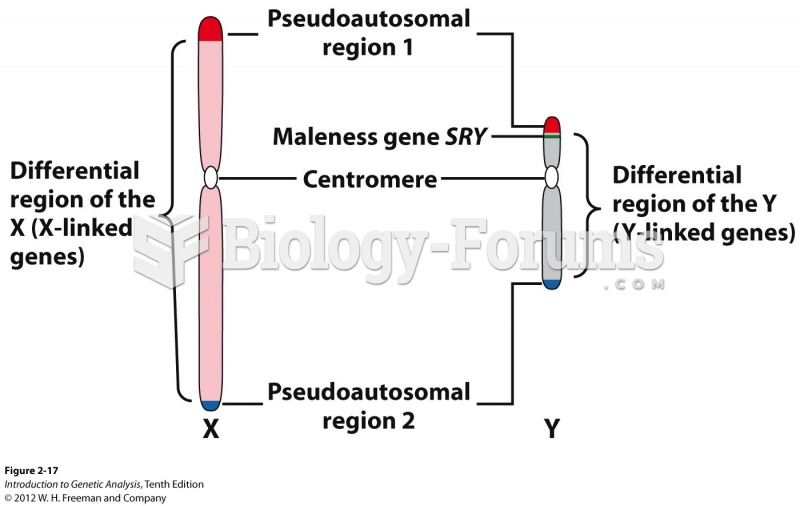Answer to Question 1There are no special workers' rights. Workers possess only the rights possessed by any other human beings, although these rights, as in other areas of human intercourse, may impose special standards in the workplace.
- The basis upon which special workers' rights are argued for subordinates the individual to the welfare of society. Since rights presuppose the priority of the individual, the attempt to argue for special workers' rights is incoherent.
- The idea of enforcing special workers' rights is implicitly paternalistic, inasmuch as it does not acknowledge the freedom or ability of workers to order their own affairs.
A free labour market will lead to atrocities such as child labour or hazardous working conditions.
A consistent and strict interpretation of basic human rights provides safeguards against the fear of exploitation that usually motivates theories of special workers' rights.
Presumed examples of the evils of a free labour market are inconsistent with the implications of that approach and thus are not genuine examples of a free labour market approach.
Answer to Question 2Sexual harassment should be defined in objective terms, i.e. the harm an action cause to women as a group, rather than in subjective terms, i.e. did a particular woman feel harmed by an action and was that action intended to cause harm by the person performing it.
Superson defines sexual harassment as
Any behavior (verbal or physical) caused by a person, A, in the dominant class directed at another B, in the sujugated class, that expresses and perpetuates the attitude that B or members of B's sex is/are inferior because of their sex, thereby causing harm to either B and/or members of B's sex.(Note: This definition implies, as Superson later claims, that men cannot be sexually harassed by women.)
- Under present subjective definitions of sexual harassment, many cases have to be prosecuted under tort law.
Attempts to prosecute sexual harassment under tort law tend to be ineffective.
Therefore it would be wise to change the present understanding of what constitutes sexual harassment, so as to see it as a form of discrimination akin to racism and to prosecute it under anti-discrimination laws.
- Sexual harassment has, at its root, the belief that women as a group are primarily emotional and bodily beings, i.e. inferior.
This belief produces behavior that denigrates women as a group, not just the woman at which the behavior is apparently directed.
Therefore sexual harassment should not be defined in terms of whether it subjectively bothered its recipient, but rather in objective terms of whether it harms women as a group.
- Behavioral tests for sexual harassment are inadequate, inasmuch as a woman may be bothered, but afraid to show it, or a woman may be unaware of her own oppression and take offensive behavior as normal.
Subjective definitions of sexual harassment are likewise inadequate, since they imply that we must judge a woman's behavior in order to see if she was genuinely bothered.
Therefore subjective definitions should be replaced by an objective definition of sexual harassment, i.e. sexual harassment is any behavior which expresses or perpetuates the view that women are inferior because of their sex.
On this definition, so many behaviors will count as sexual harassment that this will lead to an unmanageable number of claims.
On this definition it will still be a matter of subjective interpretation whether a given behavior meets the criteria for sexual harassment.
On this definition, so many kinds of behavior will counts as sexual harassment that the right to free speech will be curtailed in unacceptable ways.







